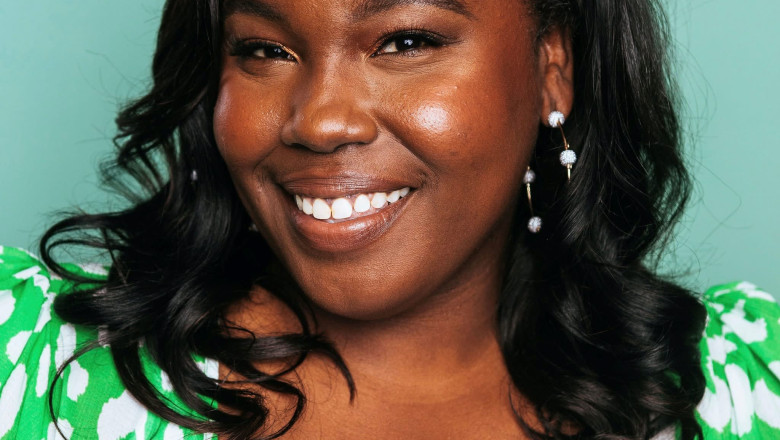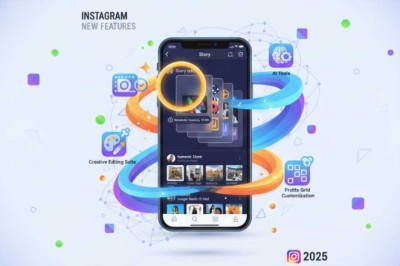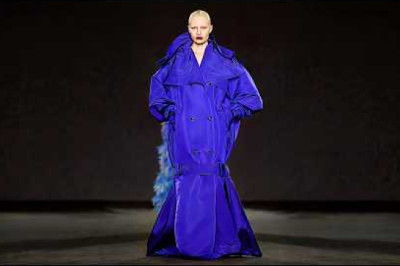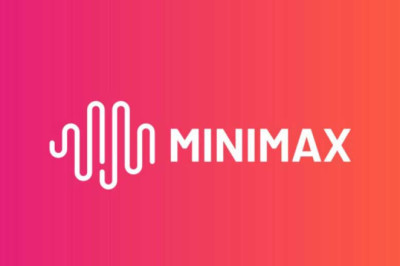The 4 'essential' relationships that helped this 32-year-old grow her business to bring in 7 figures

views
The 4 'essential' relationships that helped this 32-year-old grow her business to bring in 7 figures
Running a successful business is hard – and building a successful business as a Black woman is even harder. But, the hurdles of entrepreneurship can be made easier with the right people in your corner.
Black women are the fastest growing group of entrepreneurs in the U.S., according to JP Morgan, yet they face disproportionate financial barriers. A 2019 report from American Express found that women-owned businesses on average bring in $142,900 yearly. However, Black women founders only average $24,000 in profits.
Furthermore, Black women receive just a "tiny fraction" of venture capital funding, according to Crunchbase, which found that they received only 0.34% of the total VC spent in the U.S. last year.
Chelsea C. Williams, founder and CEO of Reimagine Talent Co., a workforce development and talent retention firm, has managed to grow her self-funded business to seven figures in revenue, and she says her relationships have played a huge role in her success.
"I didn't do it alone," Williams, 32, explains to CNBC Make It. "There are so many people who were my guide through, who were supportive, who opened the door and made the initial email communication to some of these organizations."
According to Williams, these are the four essential relationships every business owner should have to "scale their impact."
According to Williams, this first person is the "visual representation of what you want to do."
"They may not be doing it the way that you're called to do it. They may have a completely different background, but you see them and the way they're running their business, the way that they are facilitating speaking, the way they're making an impact is something you want to emulate in your own way."
Williams, who has a Bachelor's degree in economics from Spelman College, says that when she entered the workforce as an intern on Wall Street, she came across an expert on multigenerational workplaces and New York Times bestselling author, who had a huge impact on her.
"I was sitting in a training room helping to think about how we train bankers and Wall Streeters, and she was speaking," Williams recalls. 'I remember sitting down in my chair, and I wrote down as she finished her presentation, that is what I aspire towards in the future."
Williams introduced herself to the woman, who later became her mentor. She says that though their careers are "vastly different," the relationship played a key role in starting her business.
"When I took that step up to start the business, she made introductions for me, she told me the events that I needed to be at. She really advocated for me, and she still does."
As a Black woman starting a business in her 20s, Williams explains that she dealt with a lot of internal battles that "got in the way of sitting in entrepreneurship and growing to the next level."
"My first full year, I couldn't call myself a CEO. I would say that I'm a strategist. I could not sit in that title, because what the world says a CEO is oftentimes is not a Black woman…especially a young one," she says.
"Being a Black 20-something-year-old woman starting a business is a whole other thing, because sometimes there's a credibility issue with people, especially in the work that I do that's focused on organizations and the workforce."
Williams says that a therapist, or "mindset coach," can help you align yourself with your goals.
"My therapist was important in helping me get to identity… helping me understand my worthiness and value and how to show up as who I am. I don't have to be aggressive or emulate men and how they build businesses. I can sit in my femininity, demand certain things and lead this business."
According to Williams, cultivating friendships with other entrepreneurs you identify with can help boost your businesses success.
"For me, it was important that [my squad] be women of color. Because again, we're navigating through something vastly different than other people are."
Though it can also be helpful to build friendships with business owners whose identities don't align with yours, your professional interactions and experiences will likely differ.
"Having my lady CEO squad who I could ask the questions to, who I could have my moments of gruntle with, is vital. I have a trifecta of successful [women] business owners and we meet weekly sharing resources with each other," Williams shares. "We have a text thread for when anything comes up, like 'here's a grant opportunity for you. Here's a loan opportunity for you."
"That has been critical. Because even though we're in different fields, industries and sectors just to be able to say we are navigating through this space together and having a safe place to be able to talk about the highs and the lows… game changer."
While your squad consists of people who you have close relationships with, your accelerator is "where you go for networking and educational opportunities."
Williams says this can be a single person, or a community such as a fellowship or certification program, citing programs like Gucci Pacesetters, the Tory Burch Foundation, and Tech Stars as great communities for women and Black-owned businesses.
"It is the place where networking and knowledge sharing happens in a broader way than your close group of friends or your partner accountability partner. The programs are providing education [for scenarios like] how do I go about building a team? Or how do I get the finances I need to scale."




















Comments
0 comment